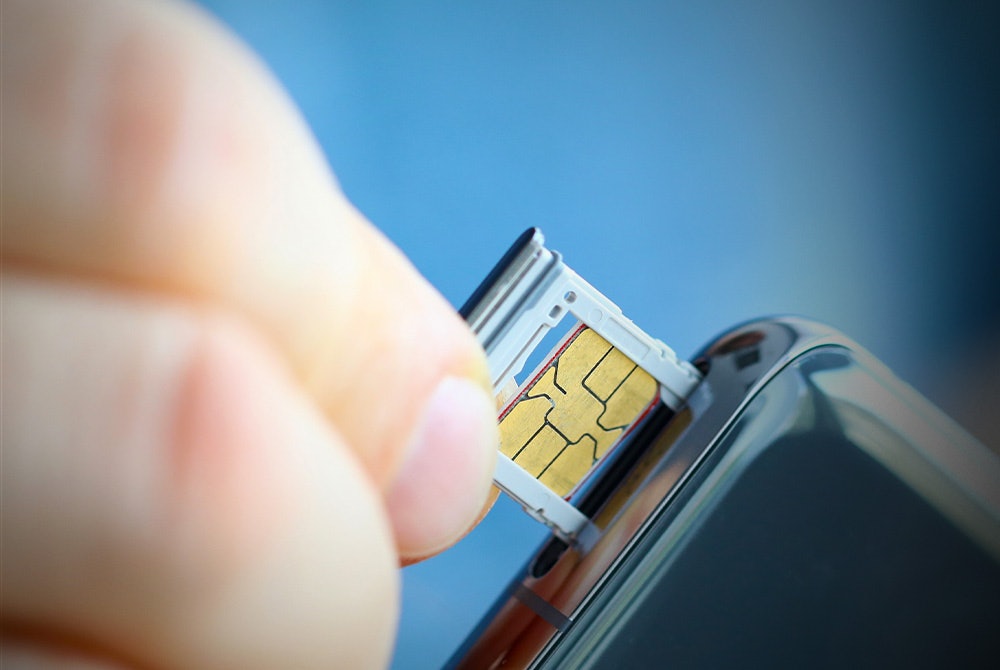On Monday, October 4, 2021, a 33-year-old New Jersey man, Henry Perez, pleaded guilty to a 2.5 year SIM swapping scheme that defrauded victims out of $539,654.96 total. He will be sentenced on January 18, 2022.
Currently, Perez must pay back the $500k+ that he stole from his victims and pay an additional $532,374.96 for his crime.
The Scam
From June 2017 to December 2019, Perez and his team of criminals took over more than 300 cell phone accounts across 10+ states using a technique called SIM swapping to steal identities and make fraudulent charges to people's accounts.
How Does SIM Swapping Work?
Perez and his ring called various cell phone companies impersonating legitimate account holders. Then, using the information they had on these people, such as their phone numbers, addresses, and account PINs, they could activate SIM cards, porting the victims' phone numbers over.
Porting phone numbers is common—you do it whenever you change carriers—however, it puts you at risk of serious fraud if someone successfully ports your number without your consent or awareness.
Once SIM swapping has occurred, you no longer have access to your phone number (at least until you port it over again), which means you won't get any phone calls or text messages, including two-factor authentication codes or fraud alerts from your bank.
After successfully gaining access to hundreds of cell phone accounts, Perez and his team began buying electronics using the victims' accounts. These included iPhones, AirPods, and iPads, totaling more than half a million dollars. (Perez's team initially attempted to purchase more than $1 million worth of electronics.)
This scam was (although temporarily) successful because Perez and his team changed the victims' account information so they could no longer receive fraud alerts from their banks. Instead, these alerts were being sent to one of the scammers.
The Penalty
Perez is yet to be sentenced, but his guilty plea to one count of conspiracy to commit wire fraud could result in a max. 20-year sentence in prison. Perez is currently required to pay:
- $539,654.64 in restitution
- $532,374.96 in forfeiture
Perez is scheduled to be sentenced by U.S. District Judge Richard Berman in January of 2022.
How to Protect Yourself from SIM Swap Scams
The key to protecting your cell phone account and number from scammers like Perez is to keep your information private. These scams are only successful because identity thieves have data about you, such as your:
- Cell phone number
- Account number
- Address
- Social Security number
- Date of birth
They may troll your social media accounts to find out information about you, including the answers to your security questions.
Be Careful What You Post on Social Media
If you're adamant about keeping your social media profiles public, then be extra careful with what you post. Social media sites like Instagram and TikTok have made it extremely easy for scammers to find out information about you that they'll use to steal your identity.
For example, it's common to post about your birthday—a simple post saying "Here's to 25!" on a specific day tells a scammer your exact birthdate, which many companies use to confirm your identity.
In another example, if you post a photo at home with a geotagged location, the scammer then has your address.
Also, think about the standard security questions used for accounts, such as:
- What is the first street you lived on?
- What is your mother's maiden name?
- What is the name of your first pet?
A scammer could answer all of these questions just by digging around someone's social media profiles.
It's also essential to create a strong PIN/password for your cell phone account that no one will be able to guess. If your cell service provider doesn't require a PIN, ask them if it's possible to have one set up for extra security.


Comments